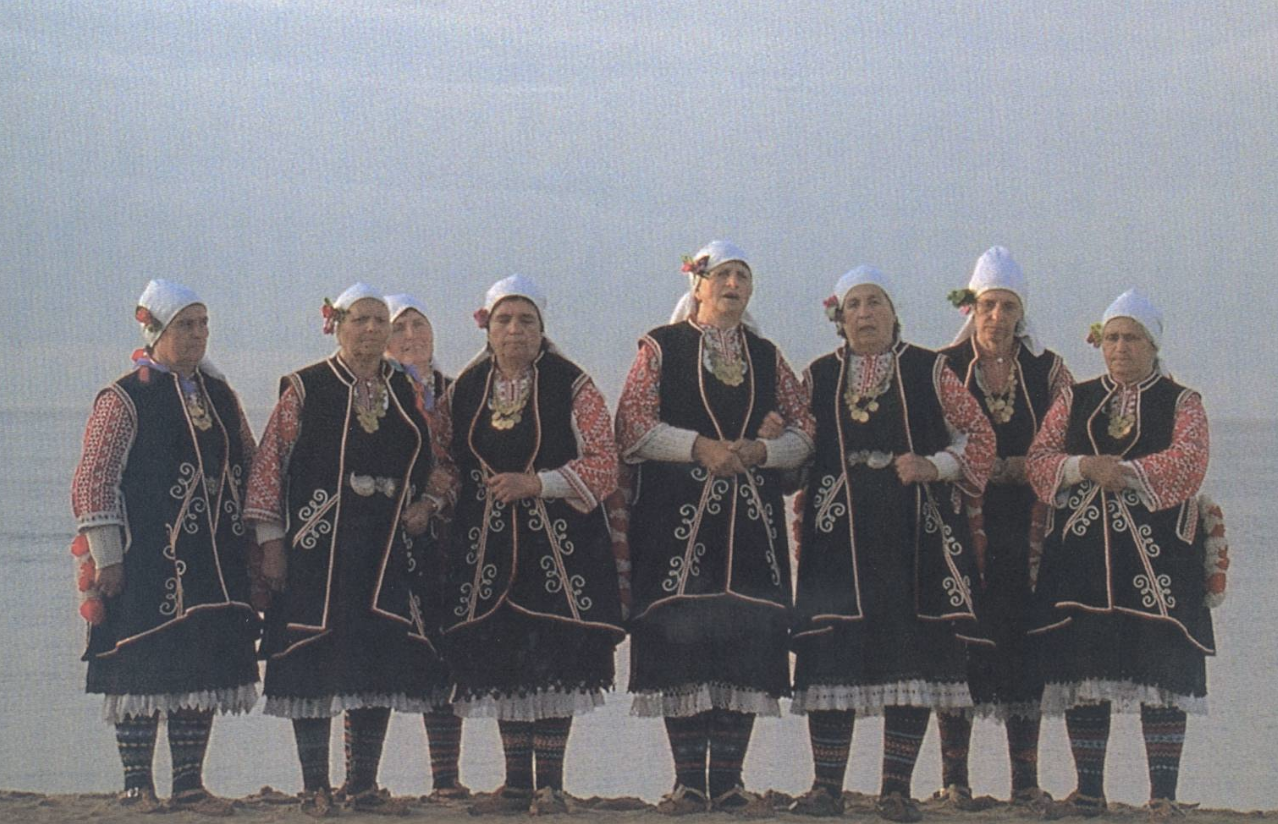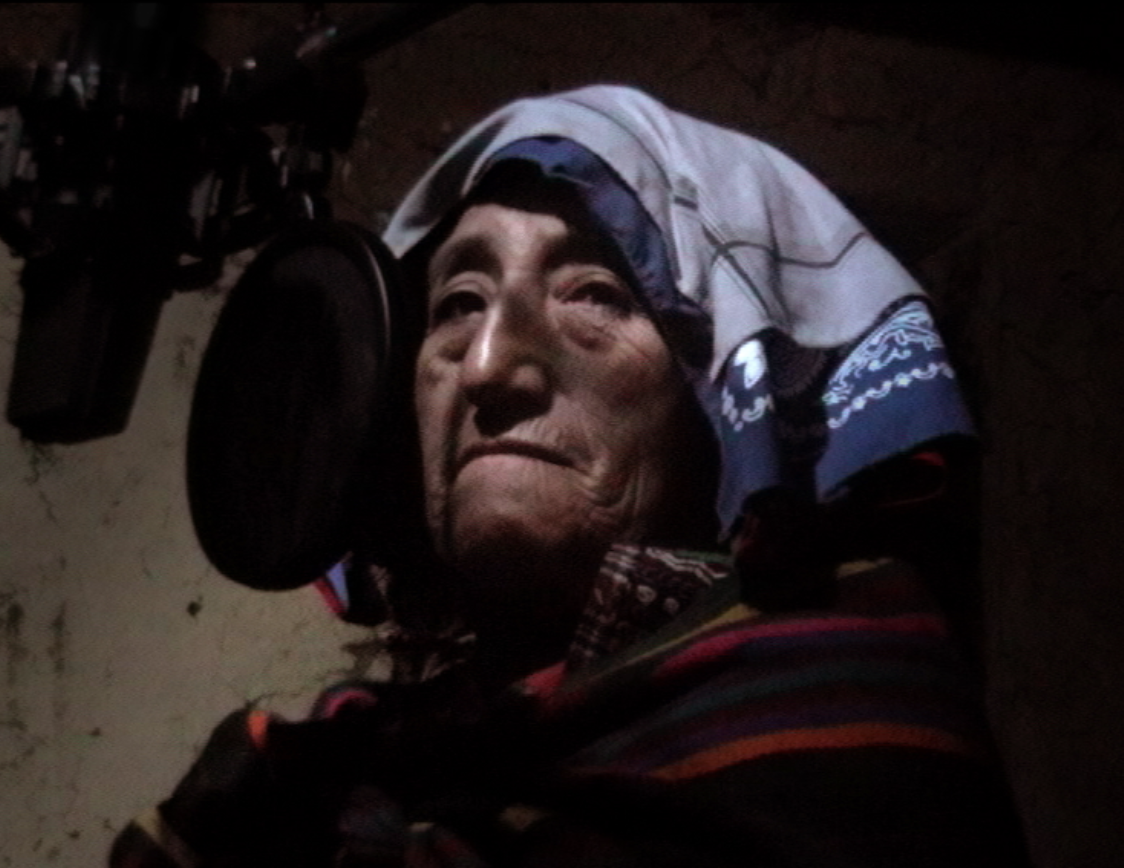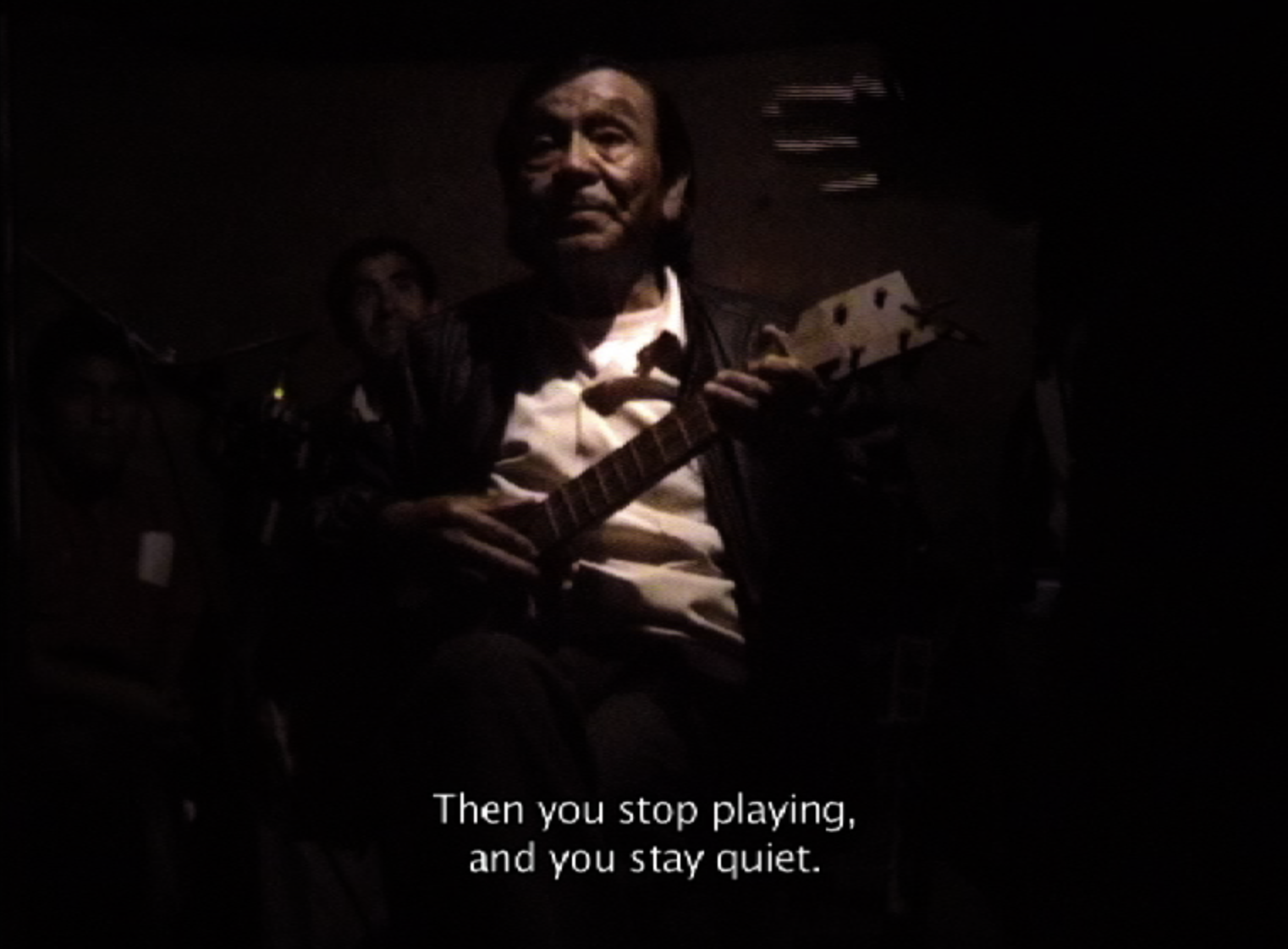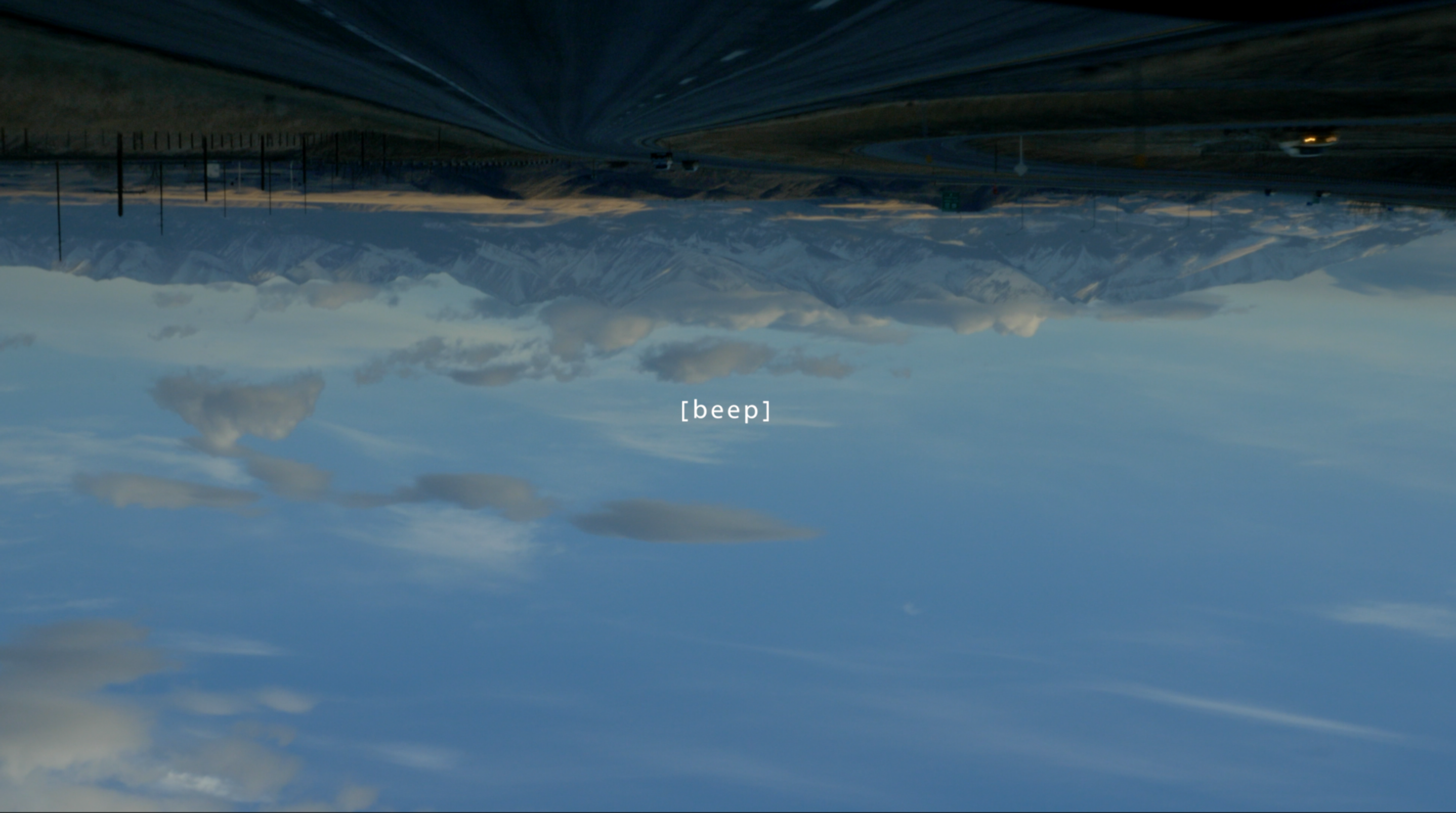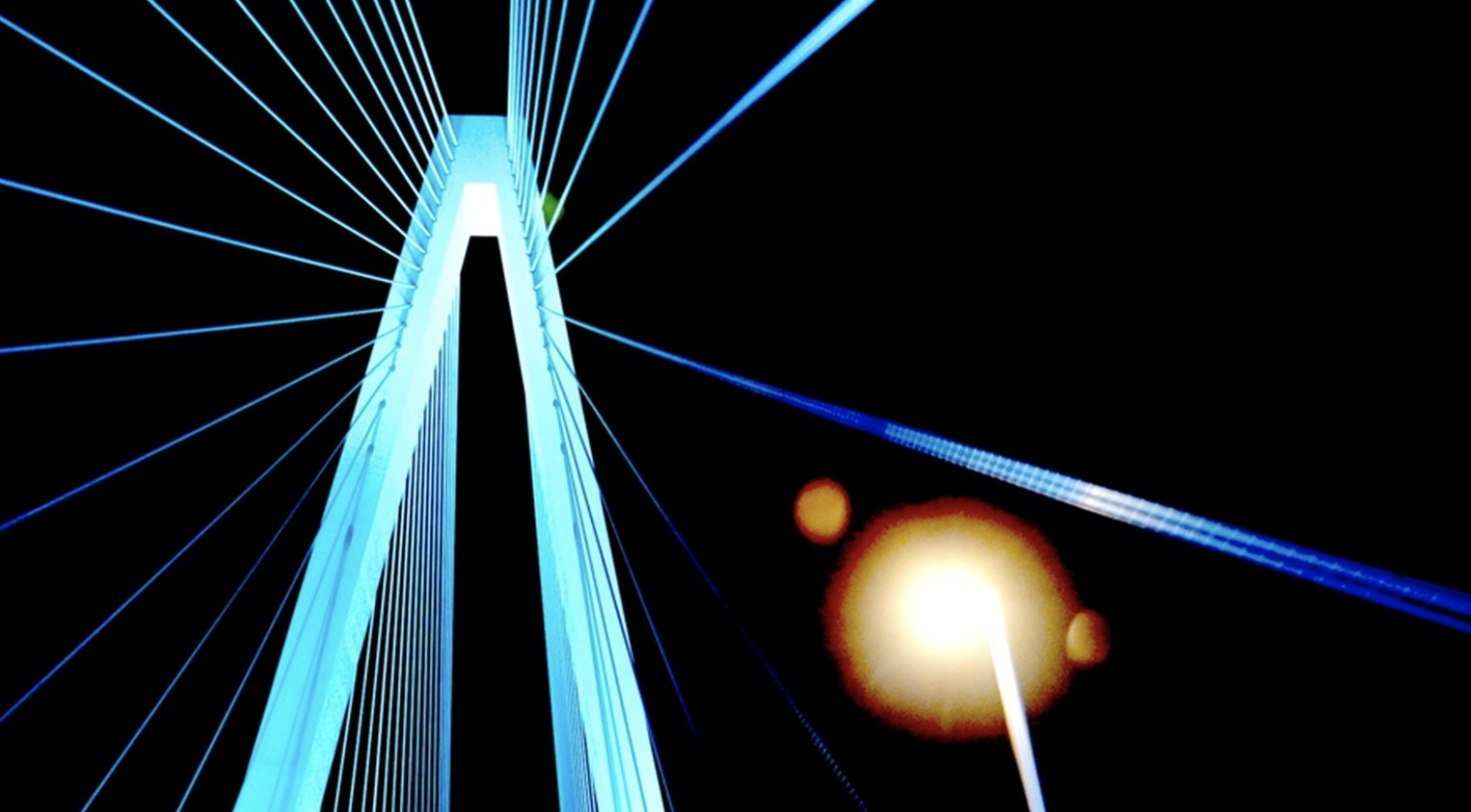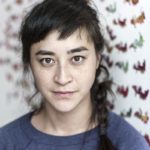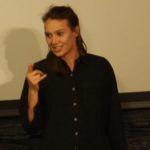May 2, 2019 at 7:30 pm
RE-TRANSMISSIONS. The Voice Is the Message.
With Gala Porras-Kim and Mathilde Walker-Billaud
“The world is gone, I must carry you”
Paul Celan
Re-Transmissions is a night of screening, audio play and live presentation exploring the acts of transmission and translation of voices. Focusing on rare and endangered Indigenous tongues spoken in the Americas and Europe, the evening presents a selection of films and interdisciplinary projects which re-mediate the oral acts, which re-connect the language with the bodies and the land, as well as highlight the presence of the mediators — voice collectors, translators and/or recording technologies.. Here, the artists and filmmakers take us in the spaces of dissociation and glitches; capture the delicate, and sometimes radical, movements of transfer, migration, and encounter. Polyglottic and polyphonic, the program raises questions about ownership, authenticity, memory, loss and cultural resistance.
Presented in conjunction with this is the no thing that we are, exhibition curated by Mathilde Walker-Billaud as part of the requirements for the master of arts degree at CCS BARD College, this event includes the works of Juan Javier Rivera Andía, Rachel Berwick, Bethan Huws, Gala Porras-Kim, Peter Snowdon, Krista Belle Stewart.
Program
Gala Porras-Kim, Whistling and Language Transfiguration, mixed-media project, 2012-ongoing
Presentation, 15 min.
Whistling and Language Transfiguration is an interdisciplinary project involving the translation of a minority language, Zapotec, and the political and linguistic implications of the language’s deterioration. It includes a vinyl record edition of a translation of Zapotec into whistling, as well as the tools made for its background research. These works represent an effort to maintain the viability of the Zapotec language by pointing out its unique qualities, and contribute to the preservation of a language that was and is the cultural heritage of the Zapotec people.
In this project, Porras-Kim examines the ultimate and literal signifier of culture, language, particularly its sounds, and reveals how whistling carries hidden transcripts and be a strategy of dissent.
Sky Hopinka, Jáaji Approx, film, 2015
Screening, 7 min.
Logging and approximating a relationship between audio recordings of my father and videos gathered of the landscapes we have both separately traversed. The initial distance between the logger and the recordings, of recollections and of songs, new and traditional, narrows while the images become an expanding semblance of filial affect. Jáaji is a near translation for directly addressing a father in the Hočak language.
Krista Belle Stewart, Potato Gardens Band, mixed-media project, 2014-ongoing
Screening (video excerpt), 10 min.
Potato Gardens Band is a performative media work paying homage to the voice of Krista Belle Stewart’ great-grandmother: Terese Kaimetko, singing in Syilx (Okanagan). Kaimetko’s songs were recorded on wax cylinder during the early 1900s by ethnographer James Alexander Teit, who documented Indigenous communities living in British Columbia Interior, Canada. Since 2014,Stewart has used this audio artifact to investigate anthropological uses of media technologies, and underlines their role in archiving and transmitting Indigenous knowledge.
Bethan Huws, Singing for the Sea, video, 1993
Screening, 13.23 min.
“In the beginning there was the world or earth without us.
Then we came and with us came speech.
In the end there was the world or earth without us.”
Bethan Huws
Singing for the Sea is a haunting polyphony of sound and voice, featuring eight Bulgarian women singing at the edge of the North Sea on the unspoilt Northumbrian Coastline.
This film was made in relation to The Bistritsa Babi, a multi-generational female vocal ensemble carrying on the traditional dances and polyphonic singing of the Shopluk region of Bulgaria, Europe.
Juan Javier Rivera Andía and Peter Snowdon, We are going to Record / We Gaan Opnemen, film, 2013
Screening, 11 min.
Men and women wait in silence, immobilized, while a solitary engineer communes with
the unseen gods of stereo recording. Outtakes from the recording of a CD of traditional songs and music. Gestures of discomfort and generosity. Protocols for the collision of two cultures.
Rachel Berwick, may-por-é, mixed-media project, 1997-ongoing
Audio session, 5 min.
“In 1799, the German naturalist Alexander Von Humboldt, embarked on a journey through Venezuela to trace the
Orinoco River to its source. During his travels Von Humboldt was said to have acquired a parrot from a Carib Indian tribe which, some days before his arrival, had attacked and eliminated a neighboring tribe, the Maypure’. During the attack, the Carib tribe had taken parrots which the Maypure’ people had kept as pets. Von Humboldt noted that the parrots were speaking words, not in the language of the tribe he was visiting, but in the language of the recently destroyed Maypure’: thus the parrots were the only living ‘speakers’ of the Maypure’ language. They were, in fact the sole conduit through which an entire tribe’s existence could be traced. Von Humboldt phonetically recorded the bird’s vocabulary; these notes constitute the only trace of the lost tribe…”
In this project, Berwick trained two Amazon parrots to speak Maypure’. In the installation, the parrots live within a sculptural aviary and are only seen in shadow through its translucent walls. The birds chatter at will, incorporating the language with a multitude of sounds generated by them and their environment.
60 min.
Gala Porras-Kim lives and works in Los Angeles. Her work questions the social and political contexts that influence the representation of language and history. The work comes from a research-based practice that aims to consider how intangible things, such as sounds, language and history, have been represented through different methodologies in the fields of linguistics, history and conservation. She questions how knowledge is acquired, tests the potential of the art object to function as an epistemological tool outside of its traditional, art historical context, and challenges the possibilities and limits of learning about the cultures that surround us. She received an MFA from CalArts and an MA in Latin American Studies from UCLA. Recent work has been shown at LACMA, Seoul City Museum, Whitney Museum, Hammer Museum’s Made in LA, the Los Angeles Public Art Biennial. She has received awards from Artadia and Rema Hort Mann in 2017, Joan Mitchell Foundation in 2016, Creative Capital and Tiffany Foundation in 2015 and a California Community Foundation in 2013.
Mathilde Walker-Billaud is an independent curator and cultural producer based in New York, City. She trained and worked as an art editor in Paris. As a Program Director at the cultural services of the French Embassy in New York City, she organized multidisciplinary programs related to fiction and non fiction writings translated from French. She also co-programmed and produced five editions of the international festival of performances and ideas “Walls and Bridges” for Villa Gillet in New York City. For UnionDocs, Walker-Billaud programs workshops and hosts a series of mixed media talks about spectatorship “What You Get Is What You see” which featured Nora Chipaumire, Luc Sante, David Levine, DJ /rupture, Melanie Bonajo, Martha Rosler, Lawrence Abu Hamdan and more.


